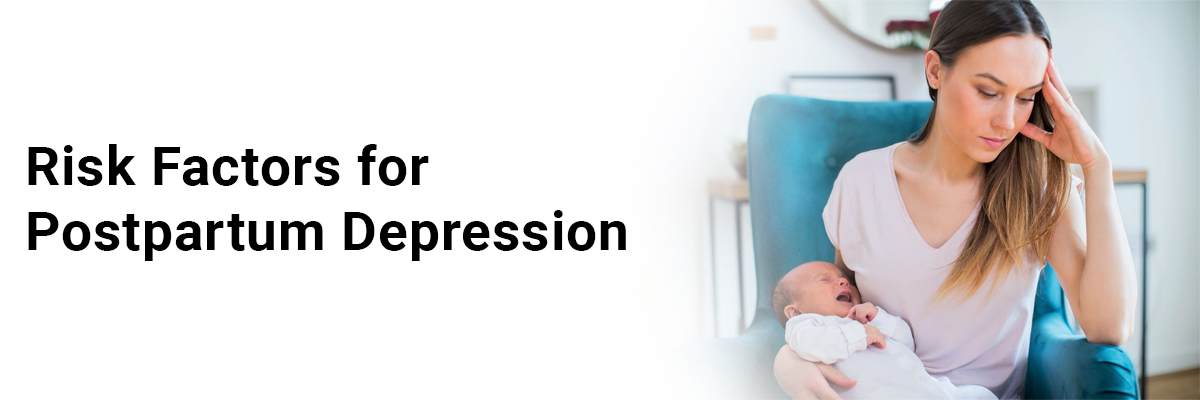
 IJCP Editorial Team
IJCP Editorial Team
Risk Factors for Postpartum Depression
A deeper understanding of risk factors for postpartum depression (PPD) is crucial for its prevention and screening. Hutchens BF and Kearney J. summarized and synthesized previously published systematic reviews and meta-analyses regarding postpartum depression in their review.
They searched eight databases, including PubMed, CINAHL, MEDLINE, PsycINFO, Embase, SCOPUS, PsycEXTRA, and Cochrane, and included studies that examined one or more risk factors for PPD and were published between 1996 and 2016.
Their final sample included 21 articles, which ranged in numerous ways, including the scope of risk factors explored and statistical methods. These methodological variations between reviews restricted standardized statistical aggregation. From this body of literature, they identified 25 statistically significant risk factors and two additional risk factors with inconclusive findings. The most common risk factors described were high life stress, lack of social support, current or past abuse, prenatal depression, and marital or partner dissatisfaction. They also identified two strongest risk factors for PPD prenatal depression and current abuse.
Since untreated PPD leaves women and their children vulnerable to numerous negative short-term and long-term outcomes, a better understanding of PPD risk factors improves maternal and child outcomes by allowing healthcare providers to anticipate the needs of affected women better.
Hutchens BF, Kearney J. Risk Factors for Postpartum Depression: An Umbrella Review. Journal of Midwifery and women's health. 2020;65(1):96-108.https://doi.org/10.1111/jmwh.13067

IJCP Editorial Team
Comprising seasoned professionals and experts from the medical field, the IJCP editorial team is dedicated to delivering timely and accurate content and thriving to provide attention-grabbing information for the readers. What sets them apart are their diverse expertise, spanning academia, research, and clinical practice, and their dedication to upholding the highest standards of quality and integrity. With a wealth of experience and a commitment to excellence, the IJCP editorial team strives to provide valuable perspectives, the latest trends, and in-depth analyses across various medical domains, all in a way that keeps you interested and engaged.






















Please login to comment on this article